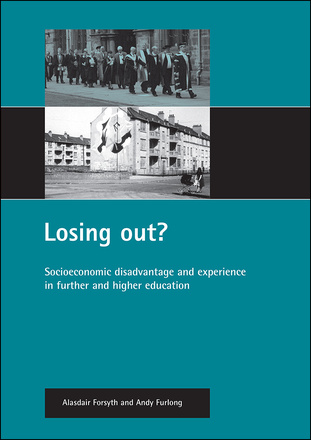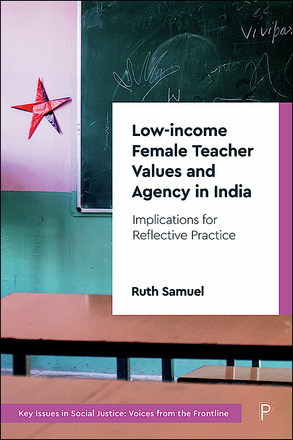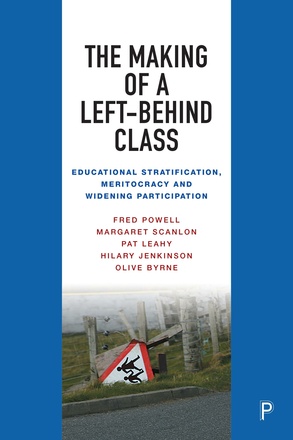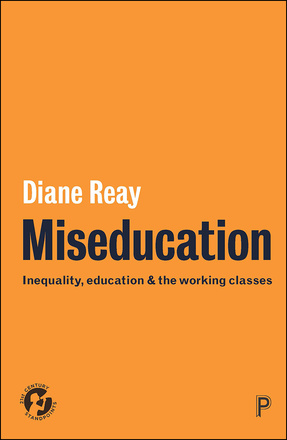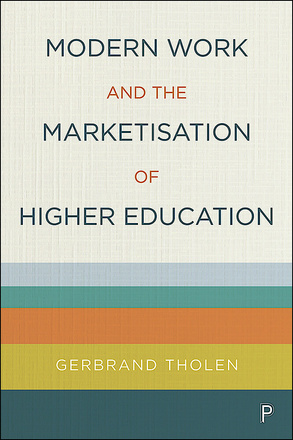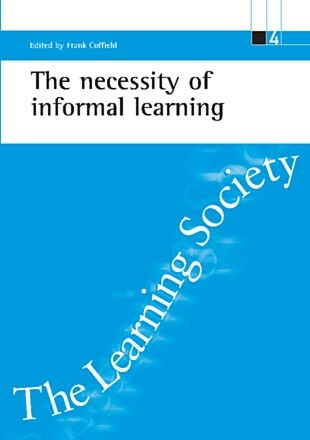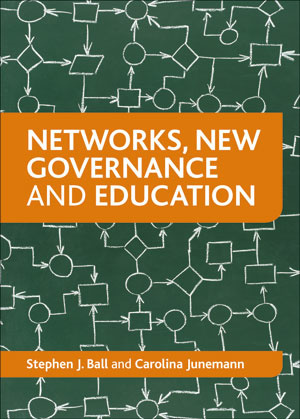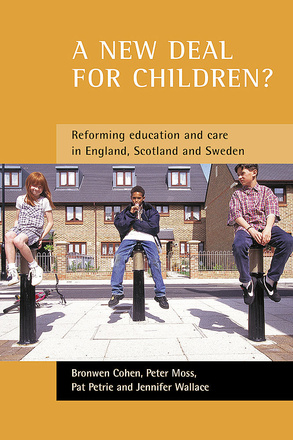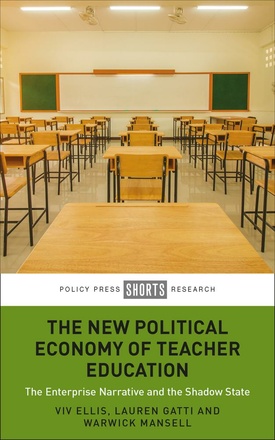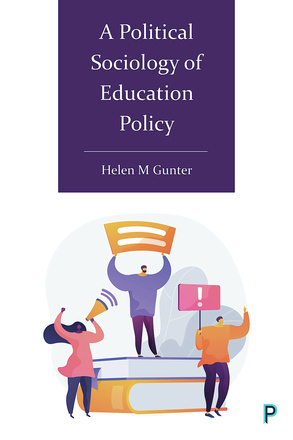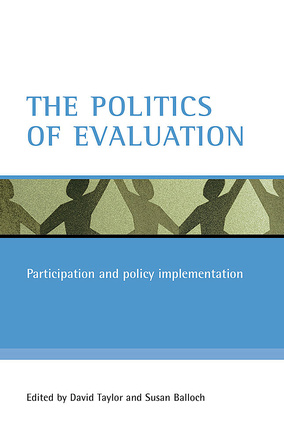Education
Losing out?
Socioeconomic disadvantage and experience in further and higher education
Despite the expansion of higher education, representation, level of participation and likelihood of academic success remain highest amongst young people from affluent areas and lowest amongst those from deprived neighbourhoods. This report identifies factors which impact upon the minority of disadvantaged young people who enter higher education.
Low-income Female Teacher Values and Agency in India
Implications for Reflective Practice
This book shows how the speech and syntax of low-income female teachers in India’s education system establishes a special form of relational agency and empowerment.
The Making of a Left-Behind Class
Educational Stratification, Meritocracy and Widening Participation
Despite the high aspirations of young people from disadvantaged communities, they face barriers that are frustrating the realisation of their educational ambitions. This book analyses the ‘left-behind’ phenomenon and explains how denied educational equality undermines social cohesion and what we can do about it.
Miseducation
Inequality, Education and the Working Classes
This book brings Brian Jackson and Dennis Marsden’s pioneering Education and the Working Class from 1962 up to date for the 21st century and reveals what we can do to achieve a fairer education system.
Modern Work and the Marketisation of Higher Education
Higher Education sectors across the world have experienced a gradual process of marketisation. This book offers a new interpretation on why and how marketisation has taken place within England and questions the rationale for further marketisation of Higher Education.
The necessity of informal learning
Policies to increase participation in learning need to concern themselves not only with increasing access and appreciating the different contexts in which learning takes place, but also with the different forms of learning. This report constitutes an exploratory study of the submerged mass of learning, which takes place informally and implicitly.
Networks, New Governance and Education
This topical book uses network analysis and interviews with key actors to address the changes in education, with a focus on education and the role of new philanthropy.
A new deal for children?
Re-forming education and care in England, Scotland and Sweden
Important reforms are taking place in children's services in the UK, with a move towards greater integration. In England, Scotland and Sweden, early childhood education and care, childcare for older children, and schools are now the responsibility of education departments. This book is the first to examine this major shift in policy.
The New Political Economy of Teacher Education
The Enterprise Narrative and the Shadow State
Adopting a political economy perspective, Viv Ellis, Lauren Gatti and Warwick Mansell present a unique and international analysis of teacher education policy in the US, England and Norway after the 2008 Global Financial Crisis.
Poetry and Pedagogy in Higher Education
A Creative Approach to Teaching, Learning and Research
Explore the transformative power of poetry in higher education for personal and professional development with this guide, featuring practical exercises and case studies for educators and learners.
A Political Sociology of Education Policy
This book aims to restore the role of political analysis in education policy by presenting a new political sociology for framing, conducting and presenting research. In doing so, it will be the first in the field to connect political thinking from Arendt with sociological thinking from Bourdieu.
The politics of evaluation
Participation and policy implementation
The widespread popularity of evaluation is based on the need to provide evidence of the effectiveness of policies and programmes. This book sees evaluation as an inherently political activity, and using a wide range of examples it relates practical issues in evaluation design to their political contexts.







